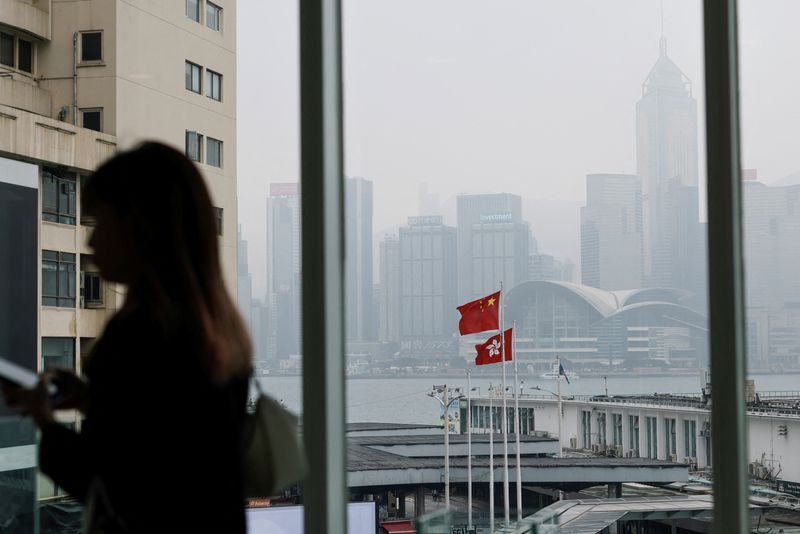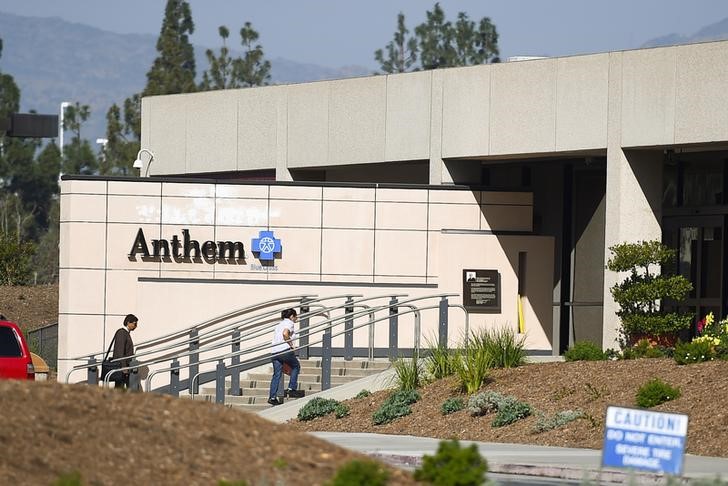By Jessie Pang
HONG KONG (Reuters) – A Hong Kong protest song was removed from streaming platforms by a British digital music distributor on Friday following a court order on Chinese territory, the music makers said, while judges warned dissidents could use the song against the state.
DGX Music, a group of largely anonymous musicians, said Friday that EmuBands informed that “Glory to Hong Kong” would be removed from all platforms, including iTunes and Apple (NASDAQ:) Music, because of the order.
“We have expressed our opposition to EmuBands and pointed out that the order has no extraterritorial jurisdiction,” DGX Music said on Instagram. “More importantly, the song itself is not prohibited by the ban.”
DGX Music hopes to have the song back in distribution as soon as possible, it added.
EmuBands, based in Glasgow, Scotland, did not immediately respond to a request for comment.
“Glory to Hong Kong” was written in 2019 during widespread pro-democracy protests and became an unofficial alternative anthem to China’s “March of the Volunteers.” Hong Kong has no official national anthem.
Hong Kong’s Court of Appeal on May 8 granted a government request to ban the song, overturning a lower court ruling that had rejected such a ban due to its potential “chilling effects” on freedom of expression .
YouTube, part of California’s Mountain View-based Alphabet (NASDAQ:), has geo-blocked banned videos to viewers in Hong Kong since mid-May.
The government will continue to monitor the situation for any non-compliance with the court order, Hong Kong Chief Executive John Lee said on Tuesday. “If we notice such cases, we will inform the platform of the contents of the court order.”
The US government has said the ban will further undermine Hong Kong’s international reputation as a financial center. A Chinese Foreign Ministry spokesperson said stopping the song’s distribution was necessary for Hong Kong to safeguard national security.
The ban has no extraterritorial effect, Eric Lai, a fellow at the Center for Asian Law at Georgetown University, said in an interview. “Indeed, the court’s ruling did not impose a blanket ban on the song. It allows exemptions for journalistic and academic activities.”

“A blanket ban or removal cannot help enforce the exceptions to the ruling,” Lai added.
Lokman Tsui, a fellow at the University of Toronto’s Citizen Lab, said the Hong Kong government has pressured companies to censor a song around the world “just because they feel it puts them in embarrass.”


